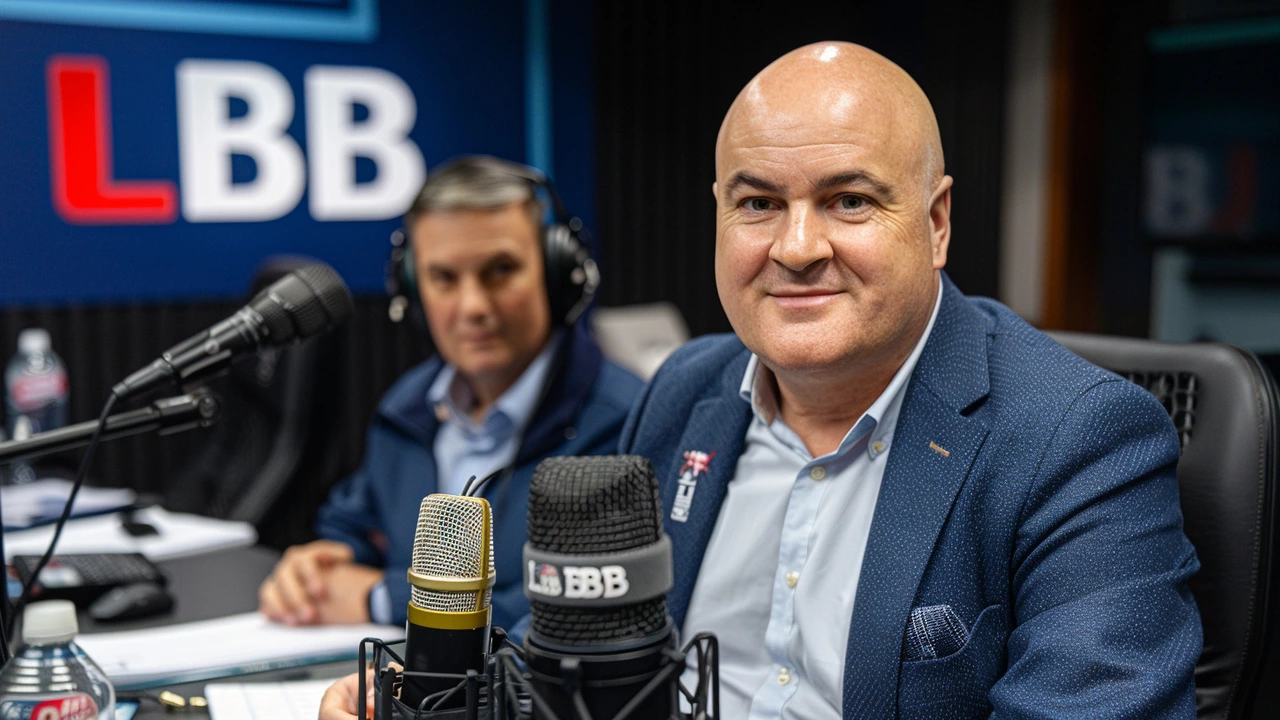General Election 2024 – Your Quick Guide
By the time you read this, the campaign trail will be buzzing with rallies, ads, and heated debates. It can feel overwhelming, but the basics are simple: a few parties, a handful of issues, and your vote decides who runs the country.
Who’s in the race?
The main players are the Conservatives, Labour, the Liberal Democrats, and the smaller parties that can swing a tight seat. The Conservatives are pushing a message of stability and tax cuts, while Labour focuses on public services, wages, and climate action. The Liberal Democrats are campaigning on education reform and a more proportional voting system. Smaller parties like the Greens, SNP, and Reform UK are also targeting specific regions or niche issues.
Each party has a leader who’s become a household name. Rishi Sunak leads the Conservatives, Keir Starmer fronts Labour, and Ed Davey heads the Liberal Democrats. Knowing who they are helps you follow the news without getting lost in jargon.
How to vote and why it matters
Voting in the UK is straightforward: you must be 18 or older, a British, Irish, or qualifying Commonwealth citizen, and registered at an address in the UK. If you haven’t signed up yet, you can do it online, by phone, or with a paper form. Registration usually closes a few weeks before the election, so don’t wait.
On election day, you’ll get a ballot paper with the names of all candidates standing in your constituency. Mark an X next to the candidate you want to win, then drop the paper in the box at your local polling station. Early voting and postal voting are also options if you can’t make it on the day.
Why should you bother? A single seat can change the balance of power in a close parliament. Your vote can tip the scales on policies that affect taxes, health care, education, and the environment. In tight races, a handful of votes have decided the winner before.
To make an informed choice, start with the party manifestos—most are available on their websites. Look for sections that matter to you: health, jobs, climate, or housing. Then, watch a couple of short debate clips or read a trusted news summary. You don’t need to be an expert; just know the basics that affect your daily life.
Remember that the UK uses a first‑past‑the‑post system. That means the candidate with the most votes wins, even if they don’t get a majority. It’s why larger parties tend to dominate, but a strong local campaign can still push a smaller party over the line.
Finally, talk to friends, family, or coworkers about the election. Simple conversations often surface new points you hadn’t considered. Share what you learn, and encourage others to vote. A community that talks about politics is a community that shows up on election day.
In short, the General Election 2024 is about three things: who’s running, what they promise, and how you can make your voice heard. Get registered, read the basics, and head to the poll. Your vote is the easiest way to have a say in the country’s future.

Veteran radio presenter Iain Dale has left his role at LBC to pursue his longstanding ambition of becoming a Member of Parliament in the upcoming 2024 General Election. Having been with the station for over a decade, Dale announced his decision live on air, citing his drive to restore trust and integrity in politics. Due to electoral regulations, Dale has already hosted his final show on LBC, which is yet to reveal its new evening lineup.
Read More